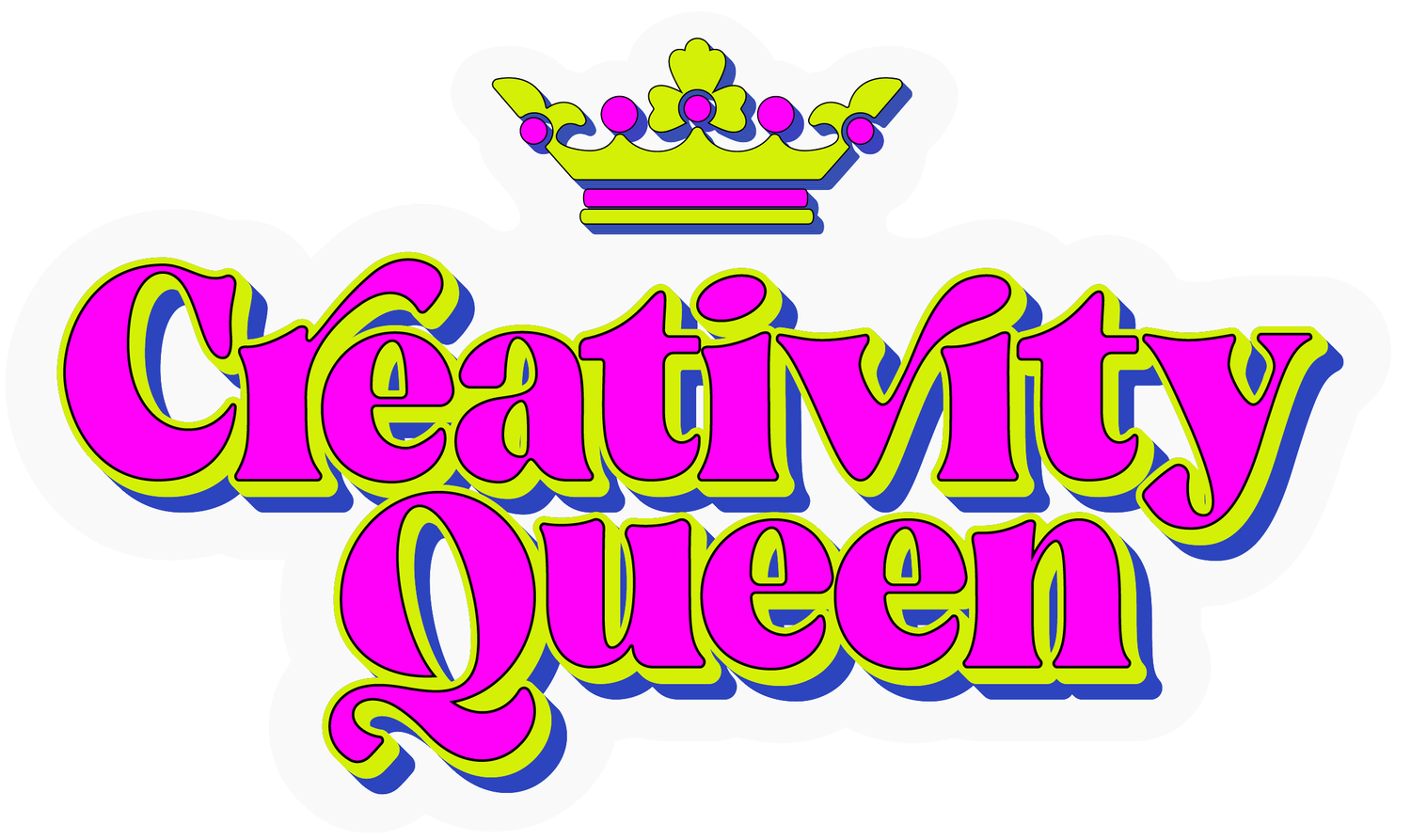Play: Reduce worry and power struggles
Jumping, running, playing- you’ve heard the positive benefits that play has on fine and gross motor skills and physical development, but did you know that play and exercise have therapeutic benefits?
Did you know research supports the benefits of play and exercise on reducing depression and anxiety? When excising and playing your body releases feel-good chemicals (neurotransmitters and endorphins), your body temperature rises, increasing calming effects, distracts you from worries, can improve sleep, strengthen your heart, lower your blood pressure, while strengthening the body and immune system.
Yes, play is therapeutic!
Yet, given unstructured free time most children would prefer to watch television, play with their video games, text, be on social media, listen to music, or surf the web. Children are often in structured environments (sitting and listening) and then they unwind by plugging in to their electronics. When problems arise I often prescribe play to help children self-regulate their behaviors and emotions.
Here are some common concerns that parents have regarding their children and some ways that play and exercise can be used therapeutically to benefit your child.
Children who have issues with sitting still, paying attention, focusing, doing homework can benefit from play after school. Your child has been focusing and working on paying attention all day and they need some time to release their pent up energy. Asking some children who struggle with attention and impulsivity (children with attention deficit issues, ADD and ADHD) to do homework right after school is asking for a power struggle. Create a break between school a homework, take your child to the park, play tag, time them running and see if they can beat their time, go swimming, get out toys and play, paint, color, put on music and dance. Allow time to release energy and then create a transitioning calm down routine, such as a snack, before moving into a more focused activity.
Children who are anxious and worried can benefit from play and exercise to increase endorphins. Engage in gross motor activities, such as tossing a ball and naming worries and positives for the day, or blow bubbles and worries away and catch the bubbles that are good thoughts (use a big bubble blowing kit for expansive movement), or focus on a worry and then hula hoop for 5 minutes, and check to see if the worry is still as big.
Children who are frustrated can benefit from playtime where they can express their frustrations by ripping up paper with things that frustrate them written on it, or using a big piece of paper and painting with both the left and right hands, or bouncing on trampoline and naming all the things that bother them, or drawing/writing frustrations and throwing them in a basket.
Children who have a difficult time getting along with their sibling and peers can use play to work on positive communication, asking for what they want, learning how to cope with frustrations, and working out problems. Imaginary games, interactive art activities, or building with Lego’s provides an opportunity to manage differences.
Children who have a difficult time sleeping and self-calming can use exercise to help them get a good night’s sleep. Engage in running and swimming, or sports where they are continually moving (such as soccer or basketball). Make sure these activities happen in the afternoon or early evening so your child has plenty or time to regulate their body for sleep.What play strategies you use to help your child?
If you are in the Sarasota, Lakewood Ranch, Bradenton, Venice Florida area and you are looking for child therapy, let’s connect. Schedule a complimentary phone consultation to learn more.

